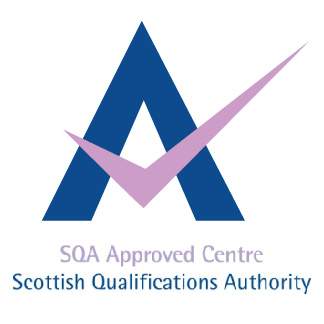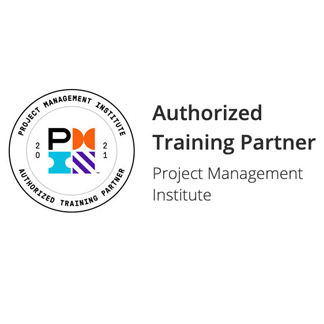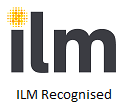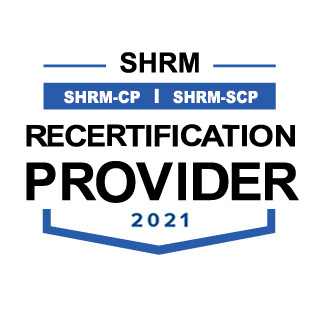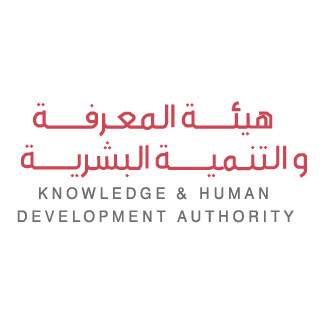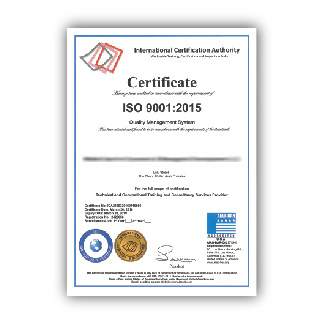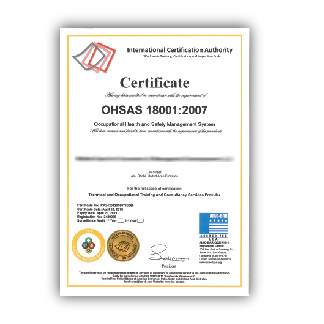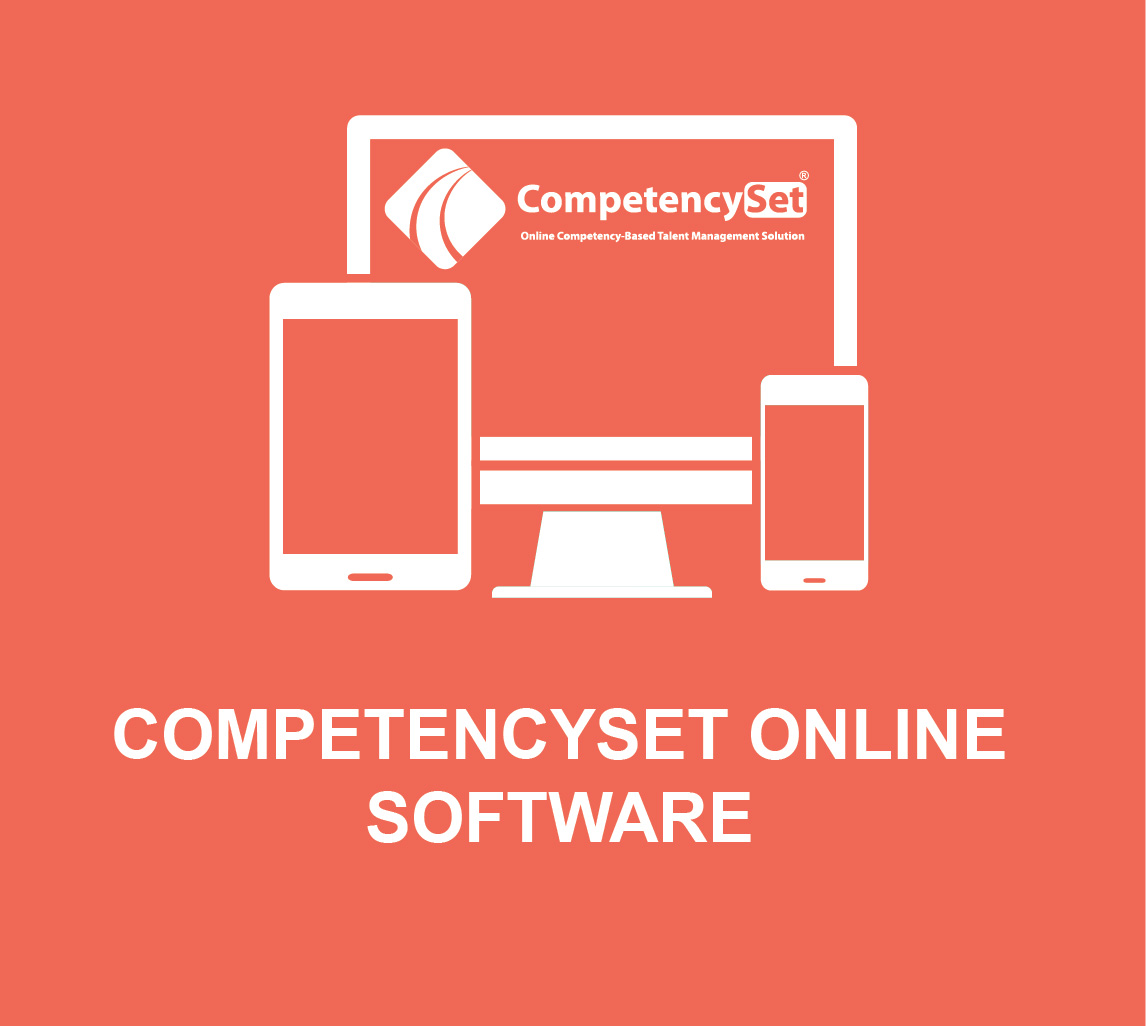Emergency Response on Scene Commander Management
| Start Date | End Date | Venue | Fees (US $) | ||
|---|---|---|---|---|---|
| Emergency Response on Scene Commander Management | 28 Dec 2025 | 01 Jan 2026 | Dubai, UAE | $ 3,900 | Register |

Emergency Response on Scene Commander Management
| Start Date | End Date | Venue | Fees (US $) | |
|---|---|---|---|---|
| Emergency Response on Scene Commander Management | 28 Dec 2025 | 01 Jan 2026 | Dubai, UAE | $ 3,900 |
Introduction
“Failing to Plan - is Planning to Fail”
The course is designed to provide each delegate firstly with a complete knowledge of the concept of Crisis Planning and all its applications and secondly a sound understanding of how to manage a Crisis, be it the result of a technological failure, or from human error, or even terrorism.
The course is designed to provide delegates with an introduction to the Emergency Preparedness involving the Identification of the Major Accidents Hazards, the Emergency Response Process - the Incident Command Structure/ the Emergency Response Team roles and responsibilities with providing the needed knowledge to act during an Emergency and also the needed guidelines for positive dealing with the Media in such Emergencies
“You can’t plan your crisis, but you can plan for Crisis Management”!
A crisis, from whatever direction, can strike a business at any time; it is a fact that crises are inevitable due to a growing number of factors. Organization’s urgently needed to quantify and identify their vulnerabilities and map out possible crisis scenarios. The principles of good crisis management therefore require ‘triggers’ for the early identification of incidents and the invocation of well rehearsed and fully integrated company-wide contingency plans to ensure there is a positive and focused response.
As with any response there is a ‘Golden Hour’ following the identification of a crisis when the immediate response must be as professional as the crisis is debilitating or potentially devastating. Your response must be coordinated and effective. Rushed management decisions, incorrect statements, actions, or inactions may make a bad situation worse. Your crisis management team needs to be pre-identified and fully trained. Sound crisis management therefore, is down to sound preparation.
Each delegate will be equipped to return to their respective organizations to fully contribute to the Department or Corporate Contingency Planning and Crisis Management effort.
Objectives
- Demonstrate a thorough understanding of the Contingency Planning process and fundamental requirements within an organization.
- Demonstrate the leadership required in the four stages of Crisis Management.
- Fully appreciate the demands of efficient and effective command and control structures during major emergencies at the Strategic, Tactical and Operational levels.
- Identify the elements commonly encountered in a crisis: what can go right and what can go wrong?
- Identify how to discharge corporate responsibilities and the execution of decision making between the many involved departments and outside organizations, including the media.
- Demonstrate the need for coordinated planning, training, exercising and team development.
At the end of the seminar, the delegates will be able to:
Training Methodology
The training methodology is interactive with group exercises and is suitable for all employees involved in functions management. The pace and level of the training workshop is customized to the understanding of the delegates. Ongoing back-up and support is available after the training on request to the supplier, and the training course is also available for in-house presentation as well as for “Competency Transfer
Impact on the Organization
If an organization’s most valuable resource is its people; a trained resource is therefore crucial when managing a crisis. Course attendees will learn new skills and techniques to pro-actively demonstrate sound crisis management by ensuring the planning, training and exercising process has been totally embedded as part of the corporate culture. The potential for getting it wrong in the first 15 minutes can badly damage the company’s reputation for years.
Personal Competencies
The competencies addressed in this course relate to the achievement of visible corporate wide planning efforts by demonstrating ‘ownership’ of the whole planning and management process. Modules on the course require delegates to demonstrate an attentive, teamwork approach and a willingness to appreciate the principles, methods and techniques when considering GCC best practice to mitigate risks and impact on the organisation’s ability to respond and recover.
Who Should Attend?
This course will be of benefit to all those who find themselves responsible for leading on, or implementing contingency planning, crisis response and/or disaster recovery mechanisms. The demonstration of good relationships between all potential on-site and off-site organizations will prove valuable to Health, Safety & Environment Professionals; Industrial Security Directors; Risk Managers; Fire Department & ERT Leaders; Shift Superintendents; and Government Relation Directors/Managers. In addition, it will raise the awareness of those company Departmental or Unit Managers who may have been allocated ‘potential’ or specific tasks in an existing corporate contingency planning and/or crisis management programs, yet have had little or no time to devote to the subject.
Course Outline
Day 1:
Professionalism in Contingency Planning & Crisis Management & Planning
The prime mission is to co-ordinate the disaster response activities and resources of all company and any locally based organizations. The visibility and successful efforts of an on-site planning co-ordinator plays an important part in the acceptance and perception of the program by other related agencies.
- Course introduction – aims and objectives of the event;
- Philosophy and concepts of effective Crisis Management;
- The Contingency Planning Co-ordinator – Roles and Responsibilities;
- Checklists for selecting and creating a self-directed Contingency Planning Team;
- Who should be involved? Effective leadership and ‘ownership’ of the process.
Day 2:
Effective Corporate Wide Response Management This Is Not A ‘One-Man’ Job.
The aim will be to involve the whole organization and any nearby industrial neighbours. This can be achieved by establishing a teamwork approach to function as the driving force behind the executive demand for effective and efficient emergency response planning.
- The Mitigation process. Who owns the planning and review process? Who should be involved? Who should own the document? Includes a self-evaluating activity;
- Contingency Planning, checklists on the Process and the Document;
- How Resilient is your Business to Disaster. This Business Continuity Planning module includes questionnaires and a “ready to use” Business Impact Analysis;
- Business Continuity. “Case Study and Workshop”;
- Suggested templates for effective Crisis Management – Setting clear goals with attainable intermediate objectives.
Day 3:
The Importance of Good Multi-Agency Co-operation & Co-ordination at Major Incidents
- Multi-agency response demands multi-agency liaison, training and exercising before the event. A step by step approach to improving the co-ordination between the many departments and agencies with the potential to become involved in the response.
- Mutual Aid Arrangements – The identification of essential resources;
- How to achieve effective interagency response – includes a checklist and questionnaire;
- Multi-agency Command and Control – includes ten points upon which good planning and management capabilities can be judged. Includes a class activity and questionnaire;
- Identifying and equipping an Emergency Communications/Operations Centre – Includes a checklist.
Day 4:
On-Scene Management
A disaster could have several incident sites where people, property and the environment are injured, damaged and at risk. Emergency communications, the important links between the scene and the Emergency Operations Centre is concerned with co-ordinating all of the activities that are (or have been) implemented to respond to the emergency.
- On scene management. How to quickly establish a reliable information flow from the scene and the co-ordination of resources;
- Workshop and Class Exercise – “Safe operation of an Industrial Site”;
- Alerting and Warning. Communicating with staff and any nearby public, should they shelter or evacuate?
- How to Handle the Media. Includes guidelines for organizing press conferences and 20 tips for TV and radio interviews;
- Welfare and Psychological problems of victims, employees and their families.
Day 5:
An Emergency Plan is simply a piece of paper until it has been fully and successfully validated.
The aim of this module is to provide the delegate with the capability to conduct a training exercise involving all parts of the crisis management system. It will identify the different types of exercise. What will be suitable for YOUR organization? Why should organizations exercise and, what functions or departments need to be exercised?
- Exercise Design – developing meaningful training exercises for the entire crisis management system;
- Getting started – checklists and questionnaires;
- Choose the right type of exercise;
- Starting the exercise – Information during the exercise – De-brief – Final Report – Closing the Loop – Implementing the recommendations;
- Class Activity – Designing your own Exercise;
Returning to normality. The de-briefing process. Evaluating your emergency plan after an incident or exercise. An 18 point de-briefing process to determine its procedures and value


